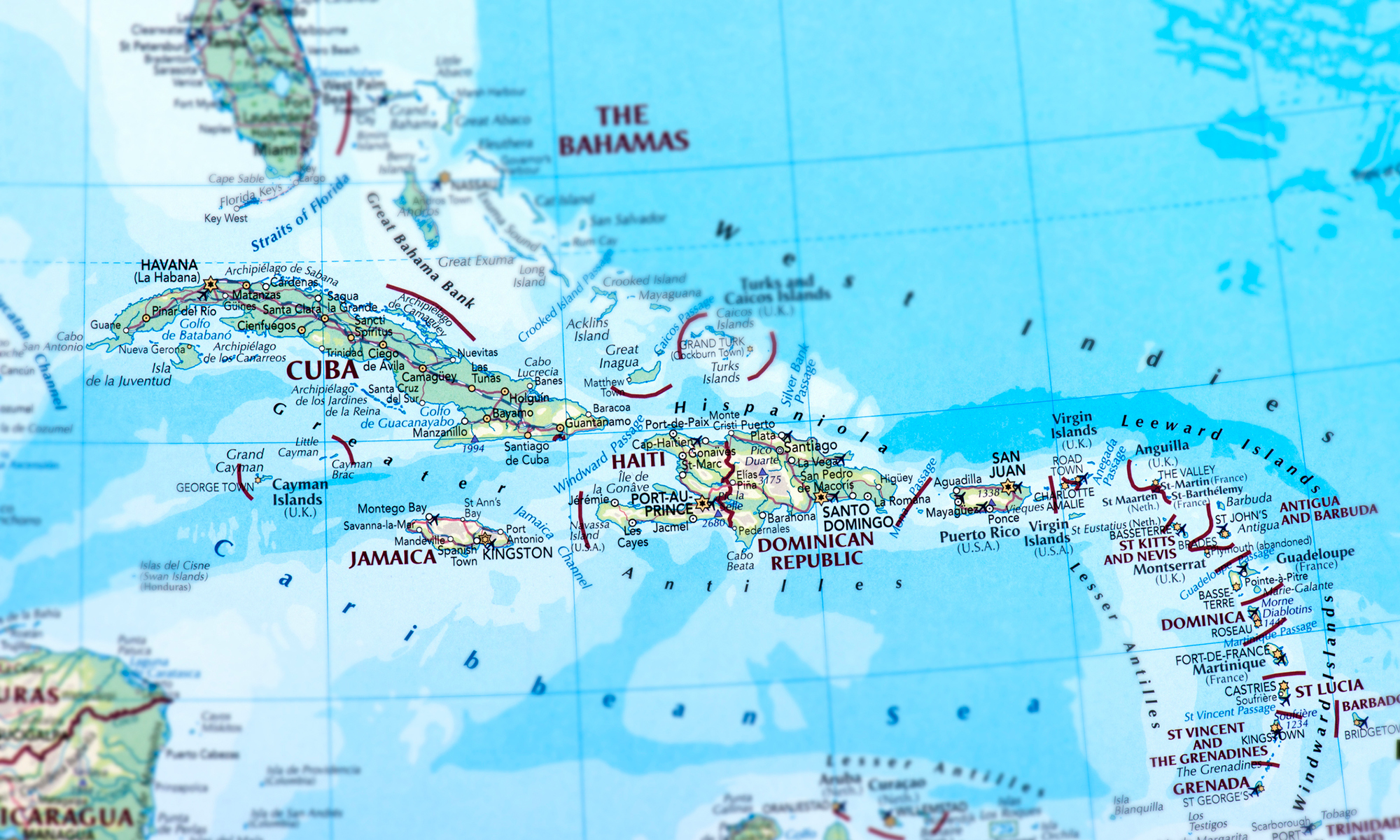Every company – regardless of size – has a name and/ or a trademark. Often, that name or trademark is a company’s most valuable asset, and should be protected as such. Yet, historically, protection of trademarks in Cuba has not been high on U.S. companies’ agendas. Protection of U.S. trademarks in Cuba is currently possible, is relatively simple, and is a smart and strategic business move: Below are five of the top ten reasons to seek protection of trademarks in Cuba now:
- Cuba Is A First-To-File Jurisdiction
The first party to file for a trademark registration in Cuba is the first party to obtain exclusive rights in the underlying trademark in Cuba. This is different from the U.S. use-based system, under which a party’s rights in a trademark are based on actual use of that mark in commerce, regardless of registration.
Without the requirement for use, (1) a U.S. company that has not yet entered the Cuban market can still lock up protection of its brand, and (2) an unauthorized third party (Cuban or not) can do the same. Even absent underlying use and good will, a third party “troll” could obtain exclusive rights to a legitimate U.S. brand in Cuba – thus further underscoring the need to file now.
- Because They Can . . .
It is relatively easy for a U.S. company to file an application for trademark protection in Cuba – indeed, it is no more complicated than filing in? the more common jurisdictions of expansion, such as Europe, Canada, or Mexico. The only requirement is that a Cuban lawyer handle the actual filing before the Cuban Office of Intellectual Property (OPCI). An application can be filed in Cuba on a number of bases, including under the Madrid Protocol, an existing foreign application or registration, or a direct Cuban national application.
- . . . And So Can Others
Without demonstrating any actual interest, use, or bona fide intent to use a mark in Cuba, unauthorized third parties (they could be Cuban or foreign national companies or individuals, distributors, manufacturers, suppliers, etc.) can file an application and register a trademark in Cuba, thus acquiring exclusive and prior rights to that trademark in Cuba.
By way of example, one particular Cuban individual, having no apparent affiliation with or authorization from any U.S. entity, has stockpiled trademark applications for more than 65 well-known U.S. brands, for himself. Among them, CHASE, JOHN DEERE, and PIXAR.
- There Is A Three-Year Window Of Time Before A Cuban Registration Is Vulnerable For Non-use
Again, unlike the U.S., there is no use requirement to substantiate registration of a trademark in Cuba, and a Cuban registration is not vulnerable to attack based on non-use until three years after the date of filing. The burden is on interested parties – and not the OPCI – to seek cancellation of a Cuban trademark registration based on non-use. So, for a U.S. company that may not be “on the ground” yet in Cuba, and may not be for some time (if at all), the risk of attack on a registration for non-use should not be considered prohibitive.
- Cuba Is An Open Market With Interested Consumers
U.S. brands have significant appeal in certain foreign jurisdictions, and this is particularly true where such brands have previously been inaccessible. Cuba is a nation of approximately 11 million consumers and is situated less than 100 miles from the U.S., and only about 330 miles from Miami. Cuban kids are into Taylor Swift and “The Big Bang Theory.” They play baseball on streets lined with antique Chevys. The American influence on popular culture in Cuba is undeniable, despite more than 50 years of the trade embargo. U.S. brands are undoubtedly marketable in Cuba.
Please stay tuned for Part II, with five more reasons U.S. companies should be thinking about protecting their brands in Cuba . . . now.
